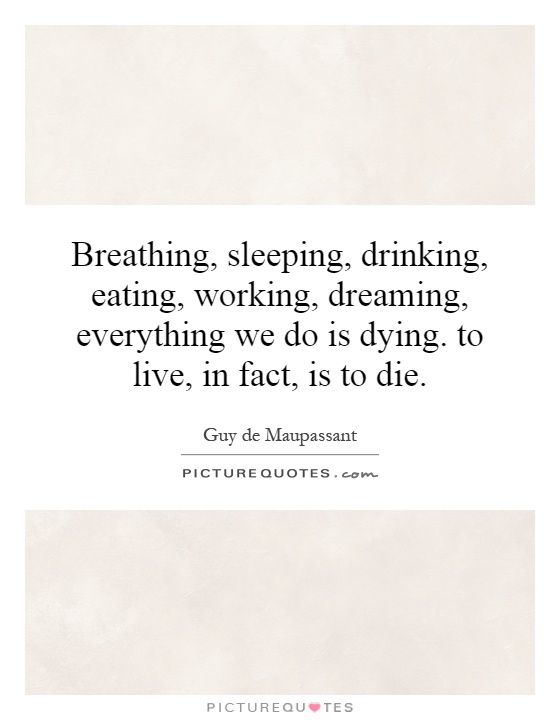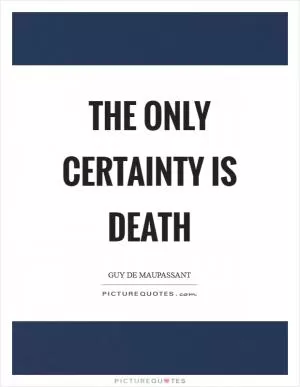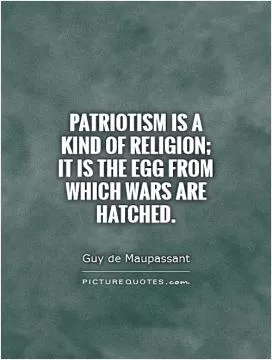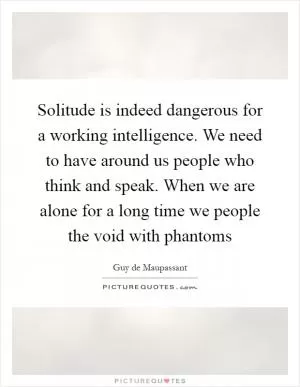Breathing, sleeping, drinking, eating, working, dreaming, everything we do is dying. to live, in fact, is to die

Breathing, sleeping, drinking, eating, working, dreaming, everything we do is dying. to live, in fact, is to die
Guy de Maupassant, a renowned French writer known for his realistic and often pessimistic view of life, would have likely found the statement “Breathing, sleeping, drinking, eating, working, dreaming, everything we do is dying. To live, in fact, is to die” to be a profound and thought-provoking reflection on the human condition. Maupassant’s works often explore themes of mortality, decay, and the fleeting nature of life, making this statement particularly resonant in the context of his writing.In many of Maupassant’s stories, characters are confronted with the harsh realities of existence, grappling with the inevitability of death and the transience of human experience. His protagonists often find themselves trapped in a cycle of mundane activities – breathing, sleeping, drinking, eating, working – that ultimately lead to their demise. For Maupassant, life is a constant struggle against the forces of decay and mortality, a battle that can never truly be won.
In Maupassant’s world, even the act of dreaming is tinged with a sense of futility and despair. Dreams offer a temporary escape from the harsh realities of life, but ultimately serve as a reminder of the impermanence of existence. The characters in Maupassant’s stories may dream of a better life, but their dreams are always overshadowed by the specter of death.
For Maupassant, the act of living is inextricably linked to the process of dying. Every breath we take, every meal we eat, every moment we spend working or dreaming brings us one step closer to our inevitable end. In Maupassant’s view, life is a slow march towards death, a journey that is marked by suffering, loss, and ultimately, oblivion.












 Friendship Quotes
Friendship Quotes Love Quotes
Love Quotes Life Quotes
Life Quotes Funny Quotes
Funny Quotes Motivational Quotes
Motivational Quotes Inspirational Quotes
Inspirational Quotes